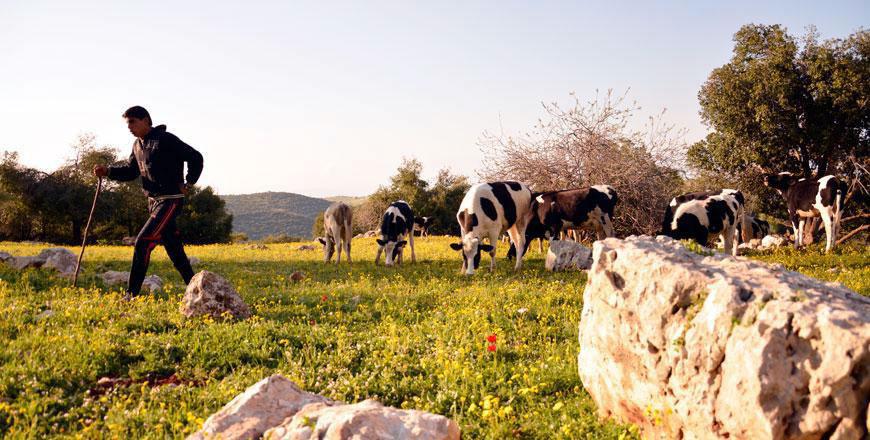- Local News
- Mon-2020-09-14 | 03:12 pm

The Amman Chamber of Industry (ACI) on Sunday called for allowing cattle imports, citing the necessity of enhancing the Kingdom’s production of raw cow milk, according to an ACI statement.
The Kingdom’s production of fresh milk has dropped from 900 tonnes a day to 700 tonnes since the beginning of this year, marking a decline by 20 per cent, President of the Jordan and Amman Chambers of Industry Fathi Jaghbir said.
Jaghbir highlighted the increase in the rate of cattle abortion, as well as the low fertility in the dairy industry.
He expected the quantity of milk production during the next six months to fall, which will negatively affect the Kingdom’s 80 dairy factories and workshops, which employ about 45,000 people.
Jordanian standards and specifications require the use of fresh milk in dairy products, he said, pointing out that any shortage in milk production will weaken the competitiveness of the Jordanian factories and enhance the position of imported dairy products in the local market, according to the statement.
Jaghbir called on the authorities to allow the imports of cows in a regulated manner, at a maximum of 2,000 cows to maintain the balance in the market.
He also called for distributing imported cows to the largest number of farmers, especially small breeders.
He said that previously "the door was opened” for cattle imports without specifying quantities, unlike today.
Cattle imports were suspended in 2018 by "consensus” between the industrial and agricultural sectors in order to balance supply and demand, achieve a fair price for milk and provide the necessary quantities for the industry, read the statement.









